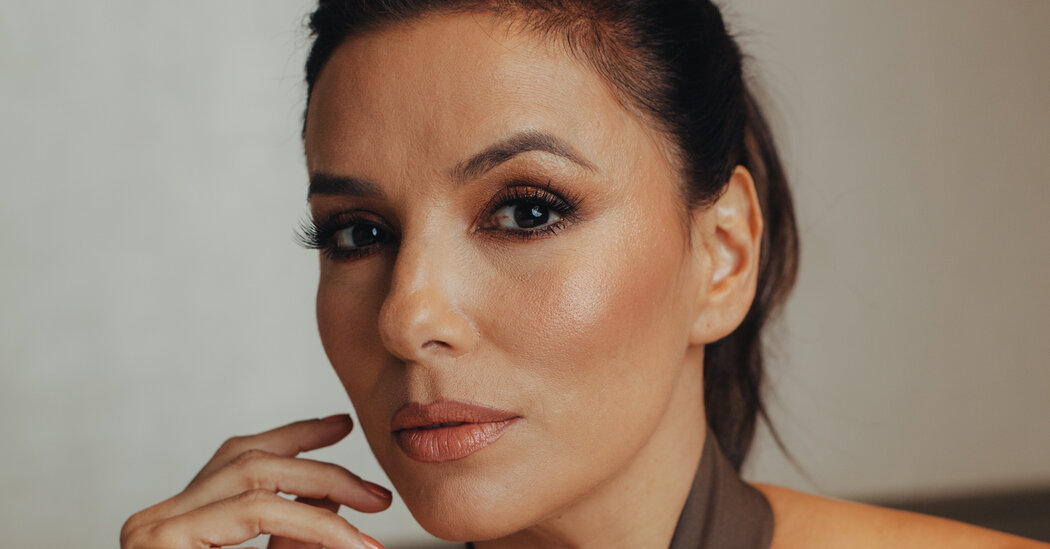
What was it like to direct your first feature?
Same as directing for the last 10 years, just longer. Any time I’m directing, I have an opportunity for job creation. I get to crew up the way I want. From my director of photography, Federico Cantini, to Brandon Mendez, a Latino production designer, to Elaine Montalvo, a Latina costume designer, I surrounded myself with talented, diverse people.
You produced “Reversing Roe” in 2018, and you’re a native Texan. Did you expect to see something like the Senate Bill 8, Texas’s near-complete ban on abortion?
If you’re paying attention, you could see the writing was on the wall. We have to pay attention to civic engagement because of these things. People like to blame Biden or Trump or Obama, but then you’re like, “No, no, this was your state legislature.” You have to participate in what is happening in your community, your school board, your state legislature.
I think it’s hypocritical for Republicans to say, “You can’t mandate a vaccine for me. It’s my body, my choice.” Yet when it comes to women’s reproductive rights, we cannot have a choice.
Seventy-five percent of Americans believe in women’s reproductive rights. This isn’t a highly contentious issue.
You’ve done a lot of political work, including co-founding a political action committee called the Latino Victory Fund and speaking at three Democratic National Conventions. Do you plan to run for office at some point?
No, I think no. I think the most powerful position in our democratic process is the message that you have to be a politician to be political. And that’s just not the case. The biggest work we can do is as citizens.




